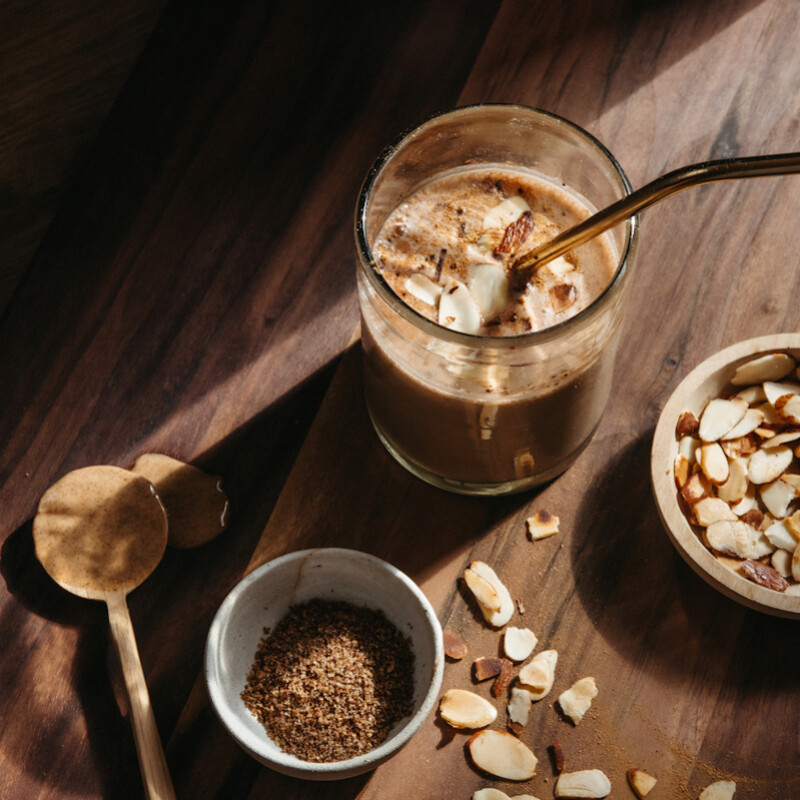Whether you’re a devoted omnivore, a passionate vegetarian, or a fluid flexitarian, there’s no denying the importance of protein. It’s foundational. In fact, protein and optimal health go hand-in-hand. Specific wellness goals aside—hormone balance, muscle gain, fat loss, better sleep, or longevity—consuming enough protein is paramount. To spark creativity in the kitchen (and beyond), these are the top 10 protein-packed foods I recommend for my clients. Consider this is a gentle nudge to eat more protein.
And good news! There’s no need to pick a side. We’re drawing from both the animal kingdom and the plant world, an open invitation for every dietary preference. It’s time to make protein a priority.

Why does protein matter?
Protein isn’t just the secret sauce for body builders and fitness fanatics—it’s a universal nutritional cornerstone. It supports countless bodily functions, beyond the basics: tissue repair and building strength. In other words, it isn’t just the architect behind sculpted muscles. Protein also provides hormone building blocks, maintains a strong immune system, and transports essential molecules. Lastly, it’s incredibly satiating. Because of this, protein is a vital component of weight management (and blood sugar stability). Ever noticed how full you feel after a protein-rich meal? That’s no coincidence.

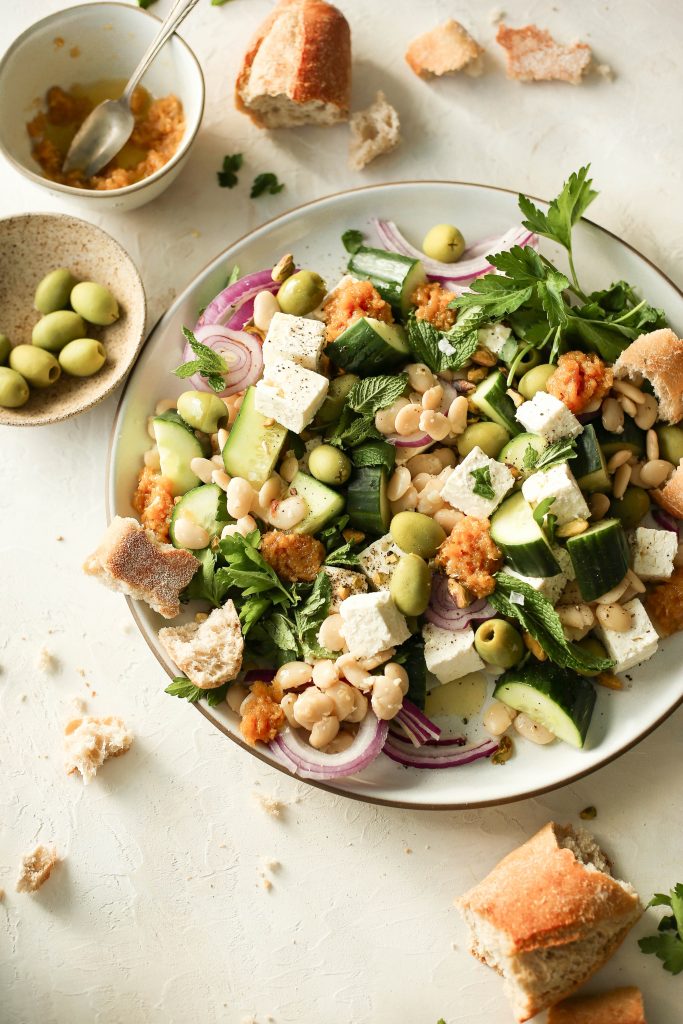
How much protein do you need?
Unfortunately (or fortunately), the formula isn’t one-size-fits-all. Your protein requirements are wholly individual. And they’re based on factors like age, gender, body composition, activity level, and overall health status. However—for most healthy adults—the recommended daily intake is approximately 0.36 grams per pound. So, a sedentary woman weighing 150 pounds would require around 55 grams of protein per day. A sedentary man weighing 180 pounds would need around 66 grams. However, most experts will agree: those numbers are far too low.
Consider working with a Registered Dietitian, health coach, macro coach, or personal trainer for personalized protein recommendations. This guide can help you understand how much protein you need each day to feel your best.
Will eating protein make me too bulky?
Ahem, this is one of the most common myths about protein—especially for women. Truth is, bulking up (or gaining significant muscle mass) requires much more than simply consuming protein and occasionally lifting weights. Thanks to fundamental differences in female and male hormone levels, it’s much harder for women to gain large amounts of muscle mass. Therefore, in order to create an overly muscular physique, a woman would need to consume a significant amount of calories and engage in a rigorous weight-lifting program.


Is animal protein superior to plant-based protein?
The answer is a bit more nuanced than a simple yes or no. Context matters. What are your specific dietary and nutritional goals, as well as your preferences and health considerations? At the end of the day, it’s essential to focus on overall dietary patterns and make choices that align with your health and lifestyle goals. That said, these are a few factors to consider:
Nutritional profile
Animal protein sources are often complete proteins, meaning they contain all essential amino acids for human needs. They’re also rich in nutrients like vitamin B12, iron, and zinc, which are less abundant in plant-based sources. In other words, if you consume animal products, they can provide a more straightforward way to obtain these nutrients.
Bioavailability
Animal proteins are generally more readily absorbed and utilized by the body—due to their high bioavailability. For this reason, you’ll notice that many of the top 10 protein foods come from the animal kingdom. Although some plant proteins contain phytates and oxalates (which can interfere with nutrient absorption), this can be mitigated with proper cooking and food combinations!
Health considerations
Some studies suggest that plant-based diets are beneficial for heart health, given their lower saturated fat and cholesterol content. Additionally, plant-based diets tend to be higher in dietary fiber, antioxidants, and phytochemicals—all which have numerous health benefits.
Ethical and environmental factors
Last but not least, many people choose plant-based proteins due to ethical concerns about animal welfare and environmental sustainability. Generally speaking, plant-based diets have a lower environmental footprint.


How to Get Enough Protein on a Plant-Based Diet
First and foremost, it’s entirely possible to meet all of your protein needs on a plant-based diet! Plant-based protein sources can provide all the essential amino acids your body requires. However, a diverse intake of plant foods (and eating enough) is key. Aim for 30 different plant foods per week—everything from bananas to beans count. Below are excellent plant-based protein sources:
- Legumes: Lentils, chickpeas, black beans, and other legumes are rich in protein. Have trouble digesting them? Soak ’em.
- Tofu and tempeh: Soy-based products like tofu and tempeh are complete protein sources. When possible, opt for organic.
- Seitan: Also known as wheat meat or gluten meat, it’s a high-protein meat substitute made from gluten.
- Nuts and seeds: Almonds, peanuts, chia seeds, and hemp seeds are all protein-packed.
- Whole grains: Quinoa, bulgur, and farro contain significant amounts of protein.
- Vegetables: Compared to other veggies, broccoli, spinach, and peas have a high protein content.
- Plant-based dairy alternatives: Soy milk, almond milk, and others are often fortified with protein. Aim for unsweetened and low-sugar plant milks.
- Plant-based protein powders: Options like pea protein, rice protein, or hemp protein can be added to smoothies, oats, baked goods, etc.

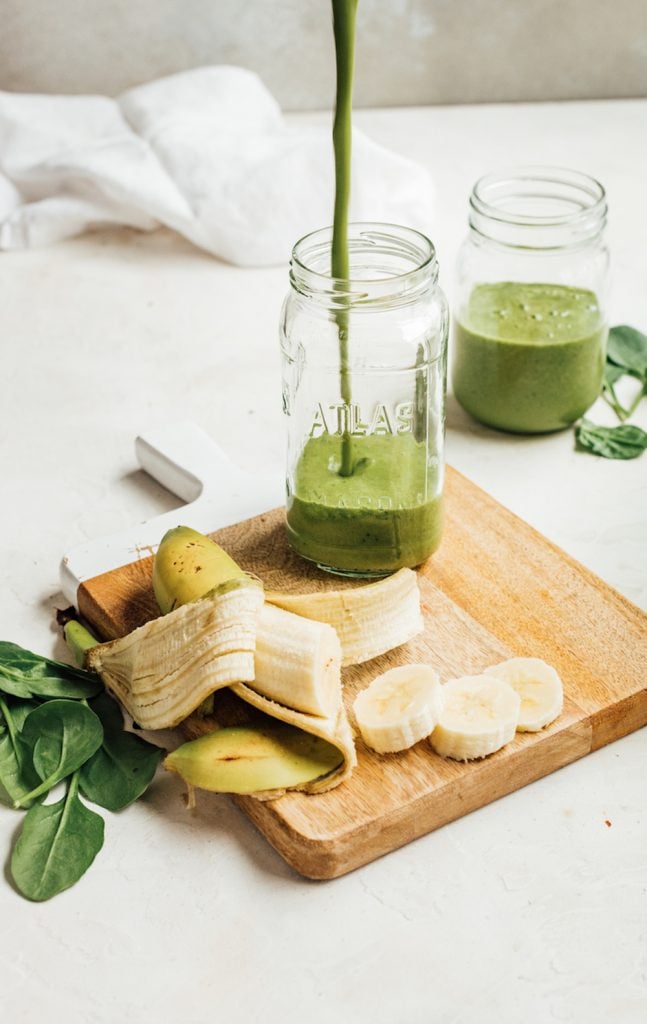
The Best Sources of Protein
Ultimately, the healthiest and most bioavailable protein sources vary. As mentioned, take your individual dietary preferences into account! With diversity in mind, below is a list of the top 10 protein foods—these are rich in amino acids (the building blocks of protein) and are generally considered highly bioavailable:

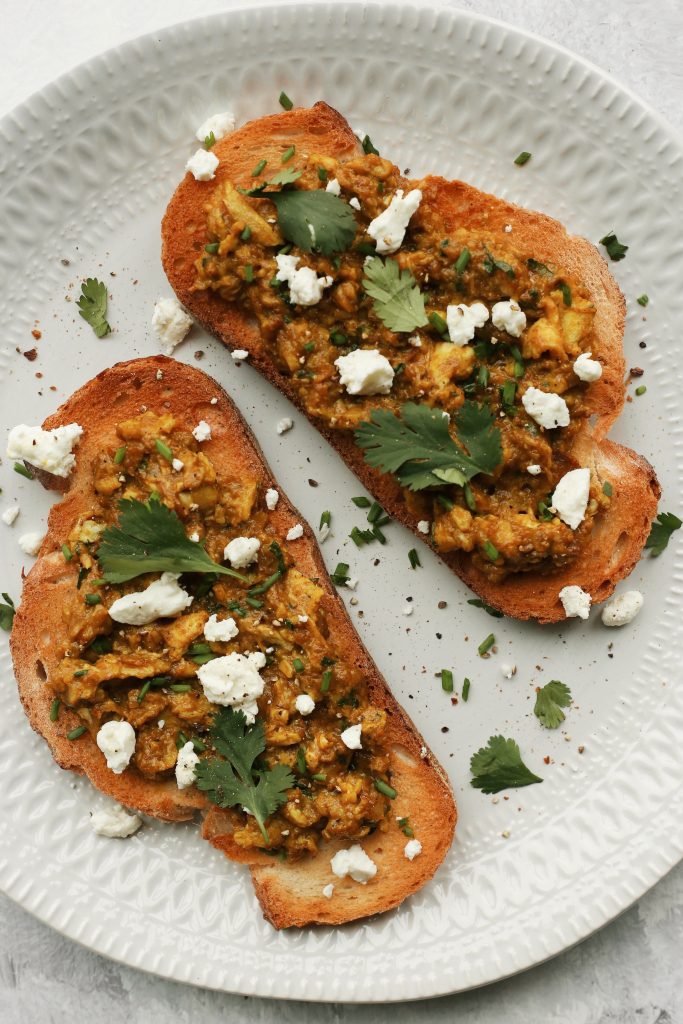
1. Eggs
Eggs are a complete protein source, meaning they provide all nine essential amino acids. They are highly bioavailable and equally versatile in cooking. Eggs are also rich in various essential nutrients, like choline (important during pregnancy), B vitamins, and vitamin D. To get the most bang for your buck, opt for pasture-raised eggs.
Recipe: Masala Eggs

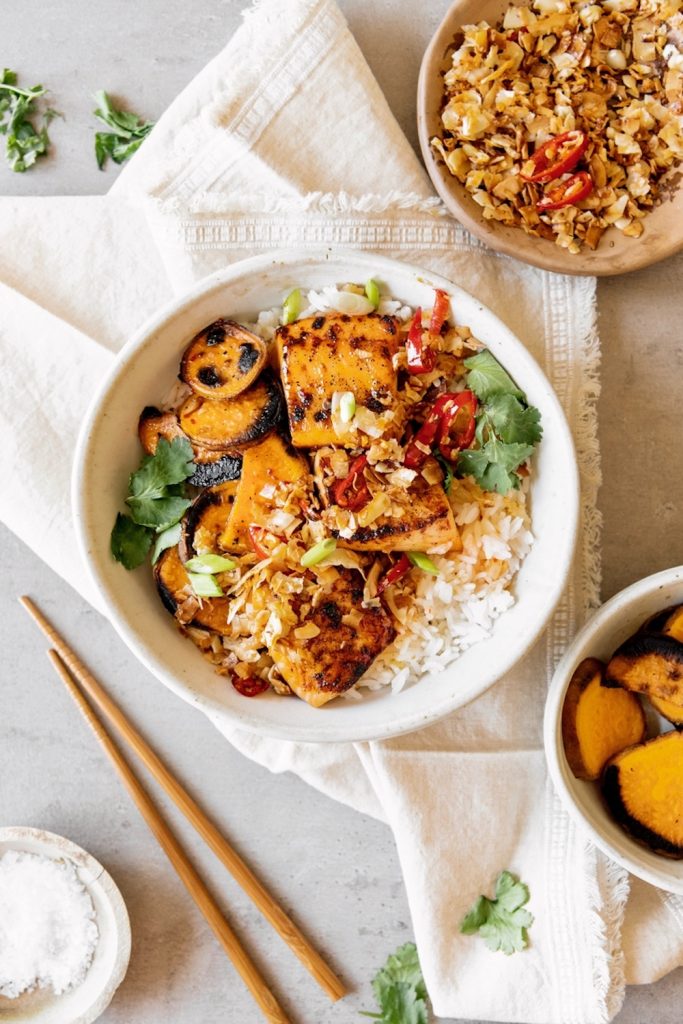
2. Salmon
Salmon (particularly, wild-caught salmon) has an exceptional nutritional profile. It provides a high-quality, complete protein source, containing all essential amino acids. Beyond protein, salmon is renowned for its rich content of omega-3 fatty acids—these help reduce inflammation and support both brain and cardiovascular health. Lastly, salmon is a source of essential vitamins and minerals: vitamin D, B vitamins, selenium, and iodine.
Recipe: Hot Honey Glazed Salmon With Coconut Crunch

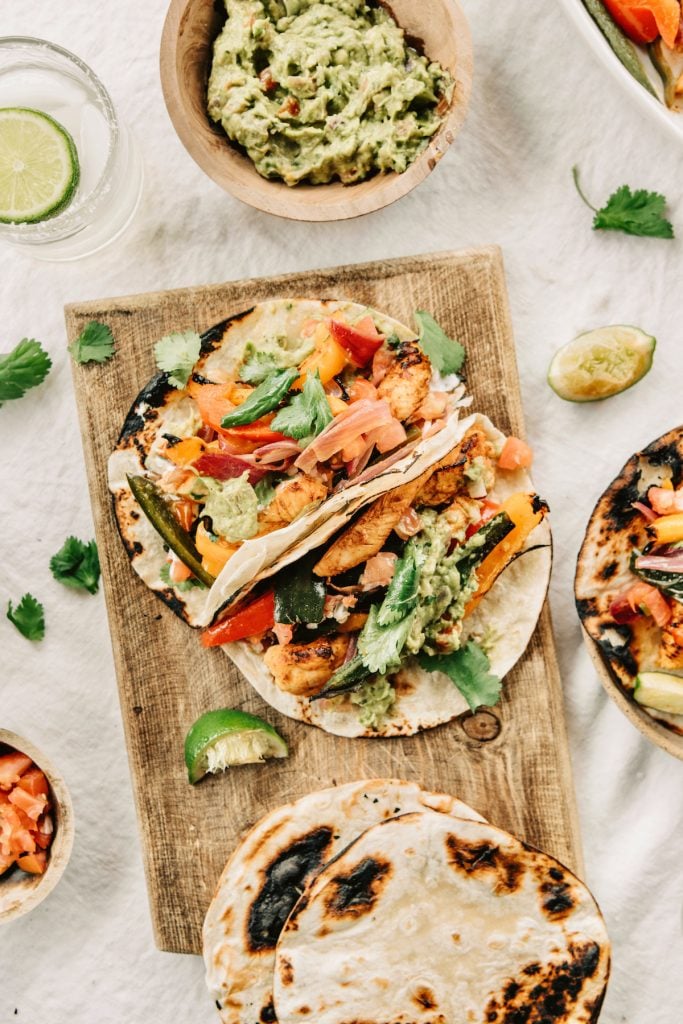
3. Chicken
First and foremost, chicken provides high-quality, lean protein with minimal saturated fat. Additionally, chicken is multifaceted—you can easily incorporate into a wide range of recipes. It also contains essential nutrients like niacin, phosphorus, and selenium. When possible, buy organic or pasture-raised chicken.
Recipe: Sheet Pan Chicken Fajitas

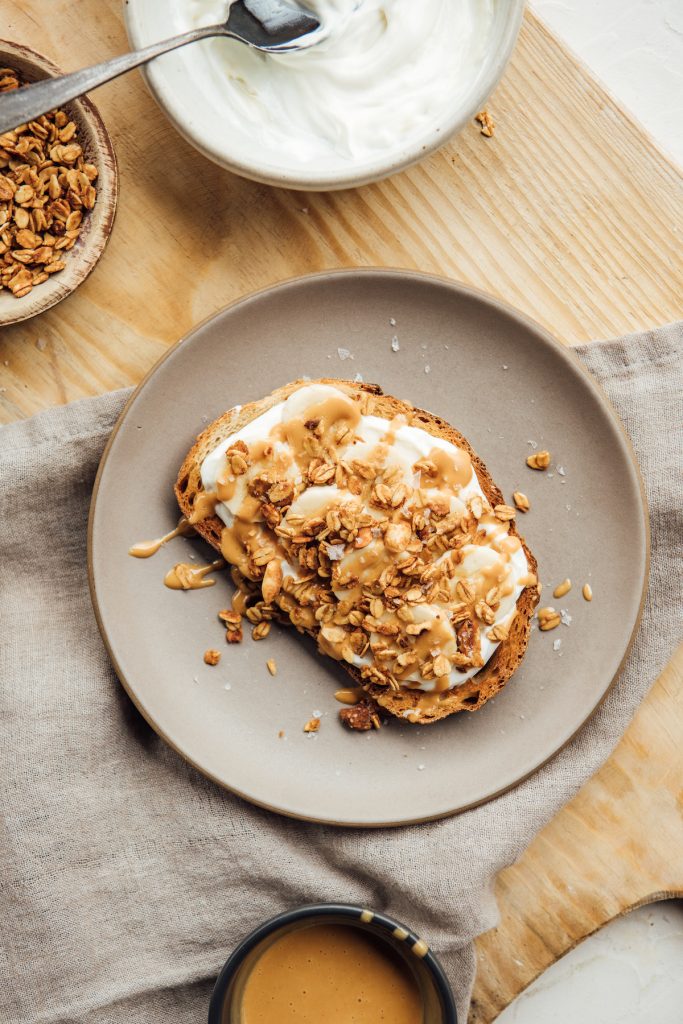
4. Greek Yogurt
Greek yogurt is packed with protein and probiotics—an excellent choice for gut health. Compared to regular yogurt, Greek yogurt undergoes a straining process (that removes much of the liquid whey), resulting in a thicker and more concentrated source of protein. In fact, it typically contains nearly double the protein of regular yogurt per serving. Delicious for breakfast, a satisfying snack, or incorporated into dips, plain Greek yogurt is super versatile. Another high-protein dairy option? Cottage cheese!
Recipe: Yogurt Toast with Peanut Butter and Banana

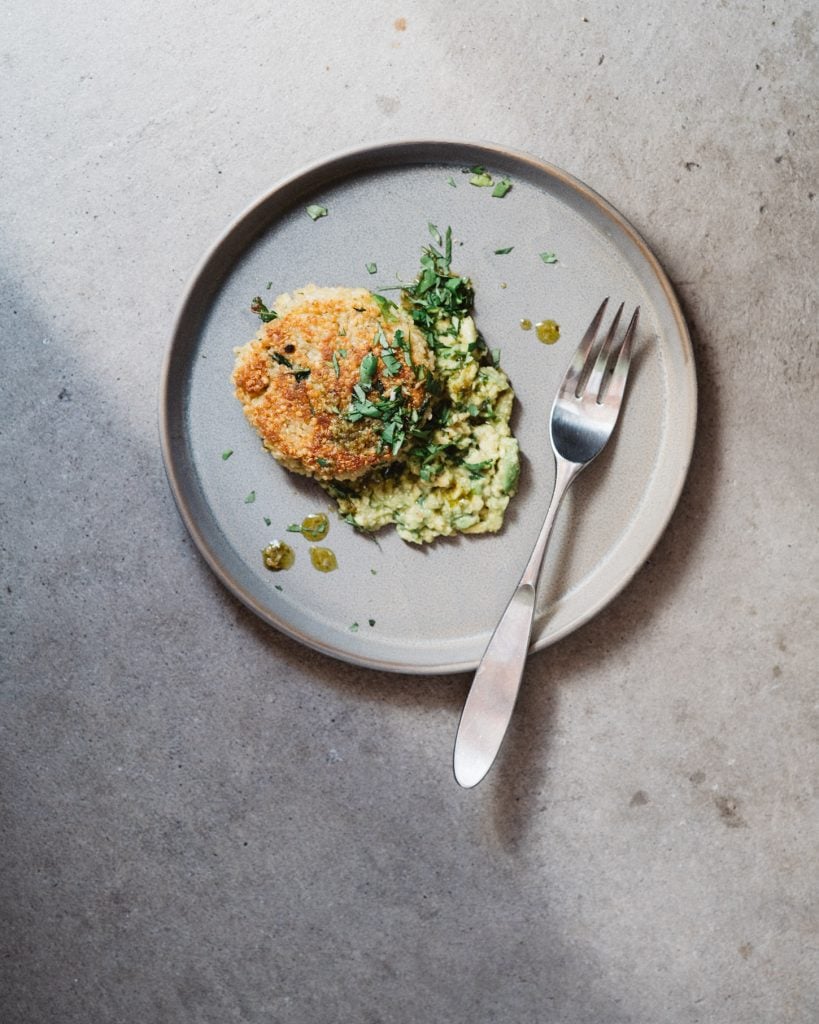
5. Quinoa
Among plant-based sources of protein, quinoa is an outlier. Providing all nine essential amino acids, it holds its ground (compared to other plant-based protein sources). Quinoa is also rich in dietary fiber, vitamins, and minerals, including magnesium and iron. It’s a nutrient-dense and gluten-free grain that can be easily incorporated into a variety of dishes—salads, stir-fries, soups, etc.
Recipe: Quinoa Cakes with Smashed Avocado Sauce

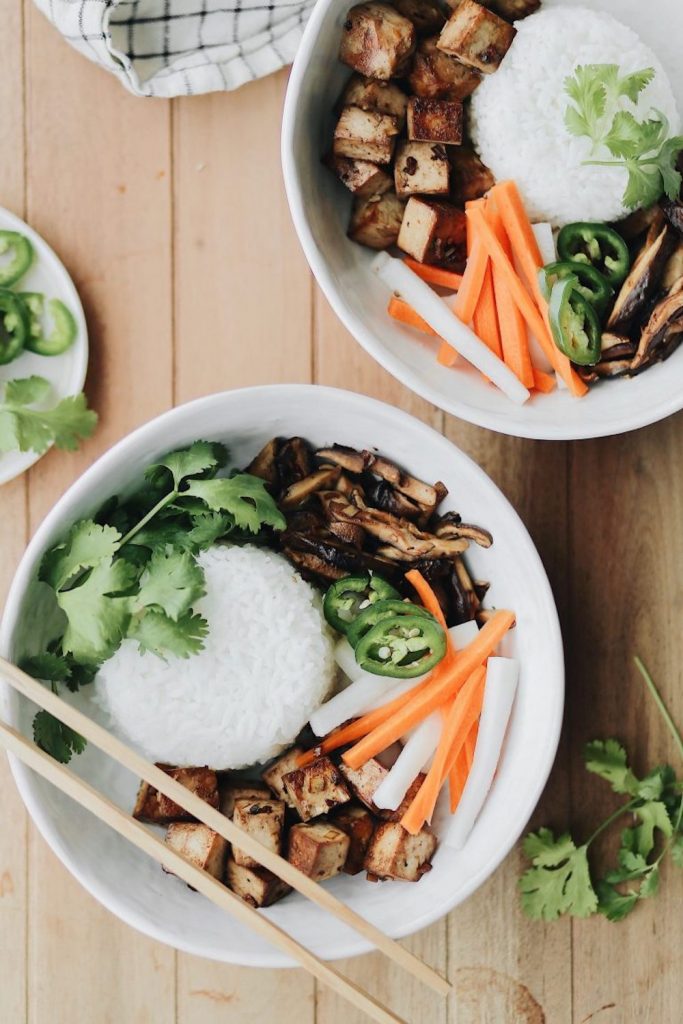
6. Tofu
Made from soybeans—a complete protein source—tofu is worth the fridge space. Thanks to its neutral flavor, you can add it to both savory and sweet recipes. Additionally, tofu contains iron, calcium, and magnesium. It’s a go-to choice for vegetarians, vegans, and those seeking plant-based protein options. Want a less processed version of tofu? Try tempeh. Either way, opt for organic/non-GMO.
Recipe: Spicy Tofu Banh Mí Bowl

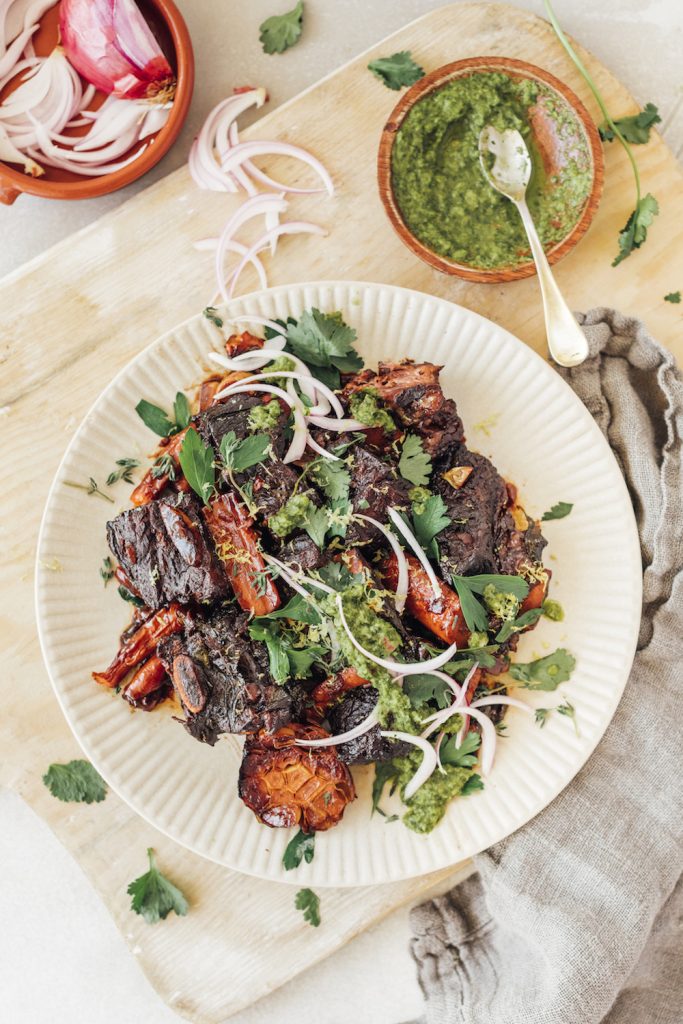
7. Beef
Beef—grass-fed, specifically—is a rich source of protein, omega-3 fatty acids, and antioxidants. Compared to conventionally raised, grain-fed beef, grass-fed beef takes the cake. Additionally, grass-fed beef has a variety of essential vitamins and minerals: vitamin B12, iron, and zinc, etc. If you’re following a lower fat diet for health reasons, consume grass-fed beef in moderation (due to its saturated fat content).
Recipe: Sweet & Spicy Braised Short Ribs

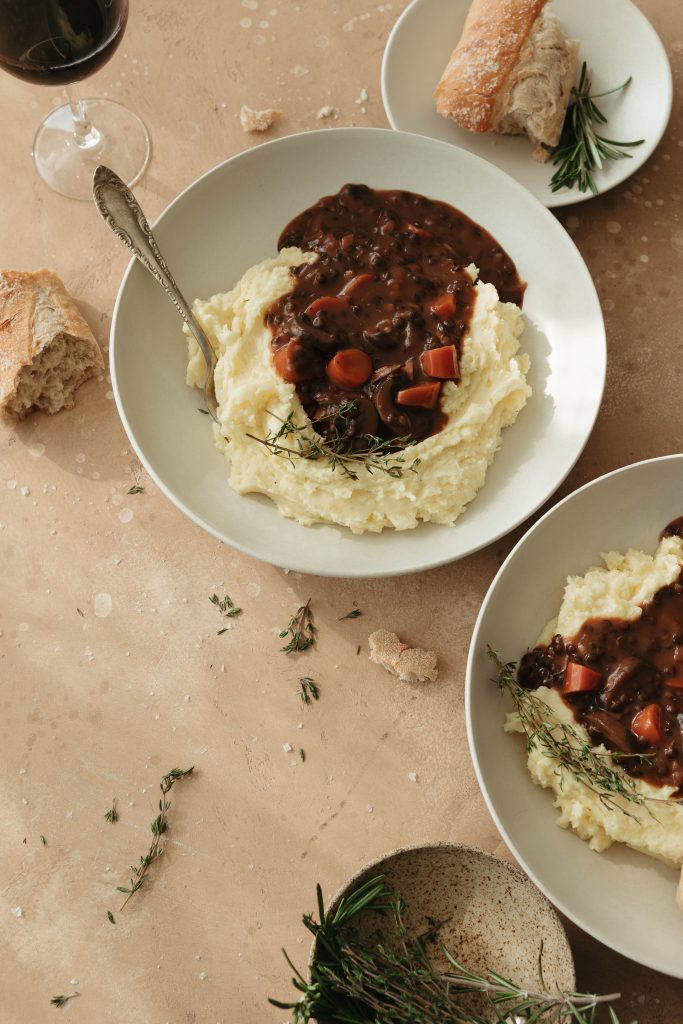
8. Lentils
Rivaling most animal sources, lentils are chock-full of protein. They’re particularly rich in most amino acids (almost a complete protein!). Additionally, lentils are loaded with dietary fiber, vitamins, minerals, and antioxidants. Add lentils to soups and salads for a convenient and economical protein option.
Recipe: Vegetarian Coq au Vin


9. Black Beans
Thanks to their nutrient density, black beans are one of the healthiest plant-based protein foods. They’re especially rich in lysine, which is often limited in other plant-based protein sources. Black beans also provide dietary fiber, vitamins, minerals, and antioxidants. Toss black beans into soups, stews, salads, and burritos.
Recipe: Pita Tostadas with Butternut Squash, Black Beans, & Avocado

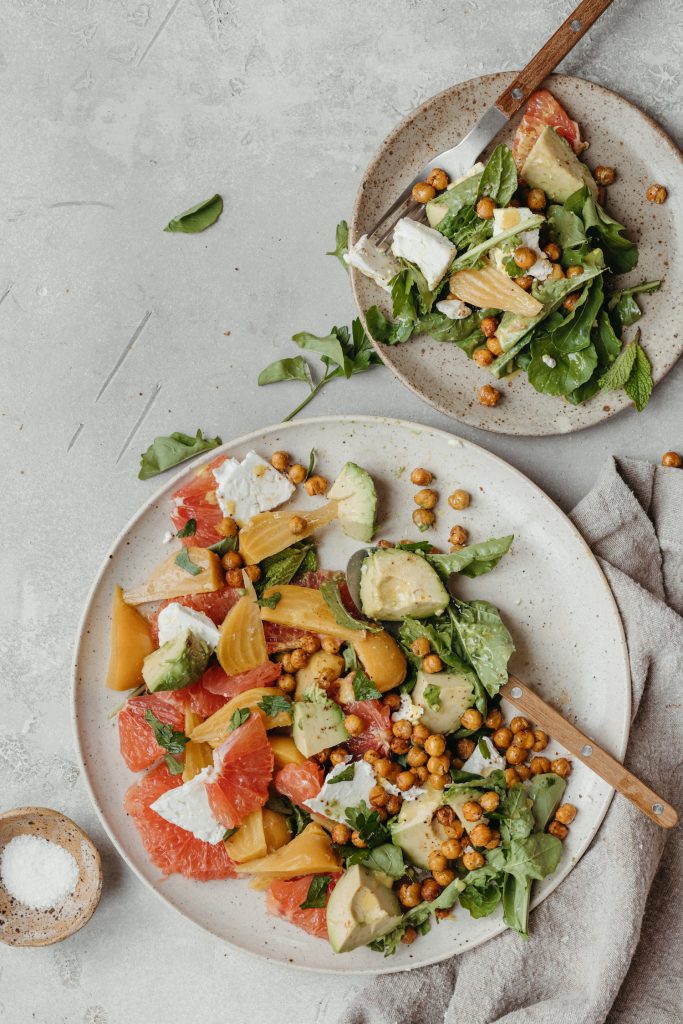
10. Chickpeas
Last but not least, chickpeas! These legumes offer a well-rounded amino acid profile—a valuable protein source for vegetarians and vegans. Chickpeas are also packed with dietary fiber, vitamins, and minerals (think: folate, iron, and magnesium). Whether used in hummus, curries, salads, or roasted as a crunchy snack, chickpeas are a nutritious and protein-rich addition to a wide range of dietary preferences.
Recipe: Grapefruit, Avocado, and Golden Beet Salad with Crunchy Chickpeas and Feta


